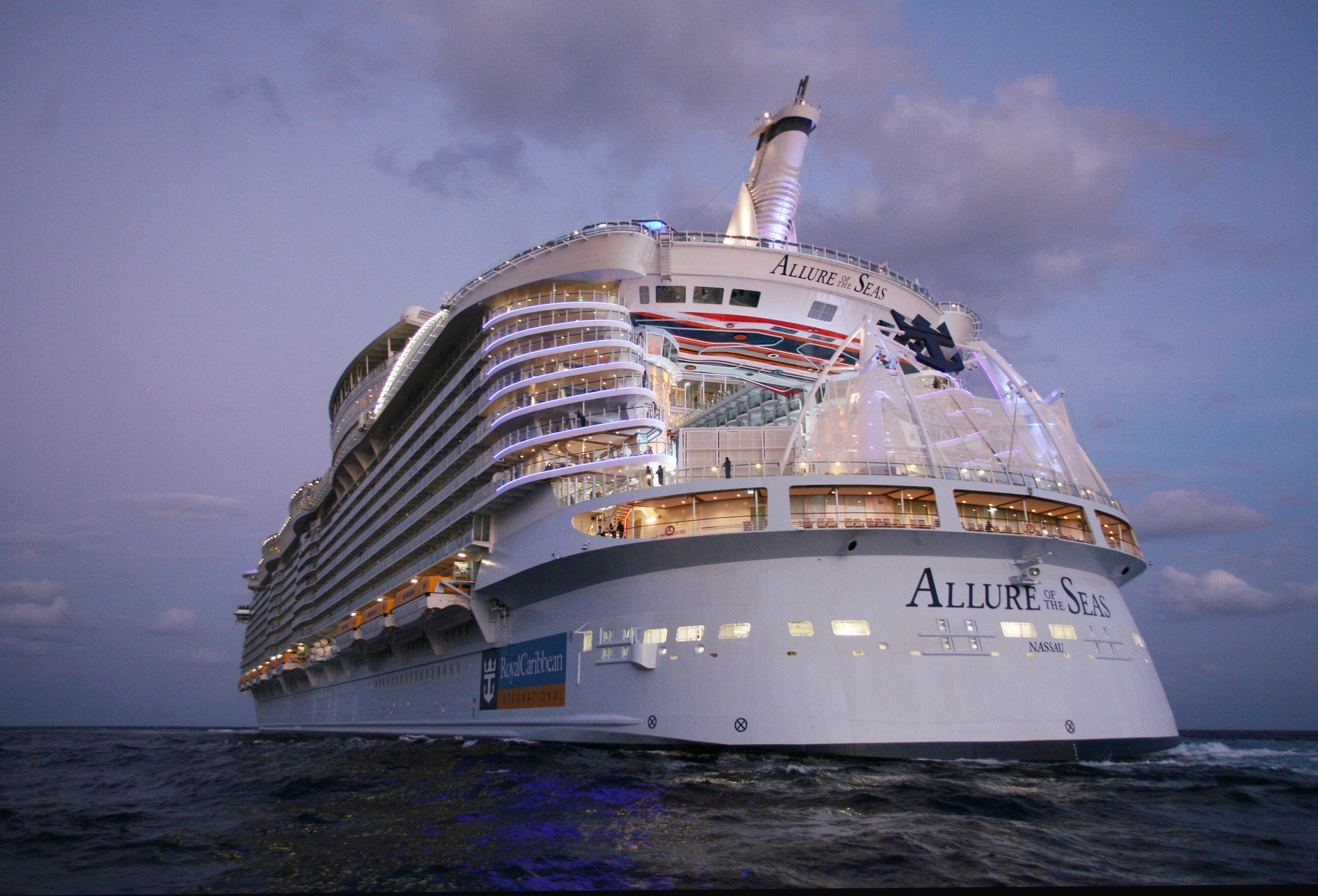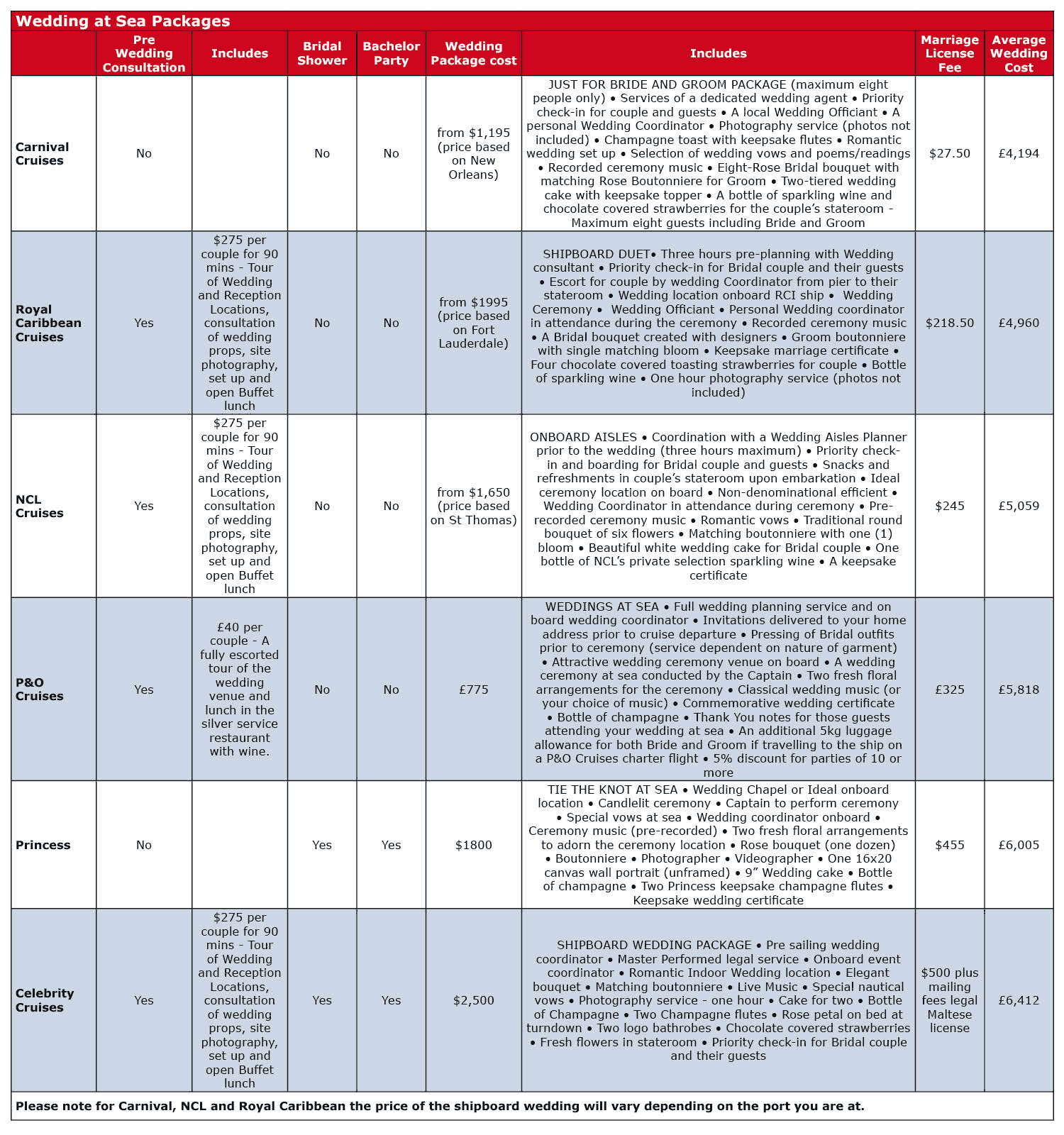
The following Currency and Precautions are necessary if you intend to travel to Cuba. Information is also available about how to travel around Cuba with a drone or in a car. If you are worried about anything, you should contact the US Embassy in Havana. There are a number of emergency phone numbers that the Embassy has. You can also visit the State Department's travel advice. Be aware of local laws regarding driving on the island and navigation.
Precautions to avoid in Cuba
These are the precautions that you should take when traveling to Cuba. While many people aren't aware of, Cuba has an extreme communist government that requires strict fealty from its citizens. The socialist government adopted the slogan in 1960s and continues monitoring visitors. The Ministry of Interior, (MININT) keeps a close eye on visitors to Cuba. The MININT can listen in on your conversations about religious or political matters.

Cuban currency
Make sure that you are familiar with the currency used in Cuba when you visit Cuba. The Convertible Peso, the currency that is widely accepted, is the main unit of currency used in Cuba. US dollars are not recognized in Cuba. However, Canadian Dollars, Euros, Pound Sterling and Canadian Dollars all have great value in Cuba. It is possible to exchange US currency for CUP if you have large amounts. You shouldn't have more than $100 with you in Cuba, as it is illegal to use the US Dollar as a currency.
Cuban driving with a car
Renting a car in Cuba can save you time and make it easier to move around the country. Cuba has very few directional aids. The roads are often not marked with any road markings. Driving without a map can be difficult, so bring patience and a sense of adventure. Cuba's public transportation system has a lot of people, so it can be difficult for you to find a seat. While hitchhiking is quite common, you should be aware of the possibility of petty theft.
Drones are a great way to get around Cuba
It is possible to travel around Cuba using a drone, but there are legal hurdles. The first rule is that your drone must be IACC-certified. This means that it must be IACC-certified. To operate it, the operator must be a Cuban citizen. Only a few people have been certified. Chris Hughes, a Canadian traveler, was one of those who were arrested after he flew a drone in Cuba. He was accused of spying on the United States government.

Cuba with a tour guide: How to get around
If you don’t have a tour guide, getting around Cuba can be difficult. Cuban roads can be difficult because there are no road markings and street lights. You also won't find any cat's eyes. Even small country roads have potholes. Avoid driving in mountains with steep roads and few crash barriers. It's probably better to hop in a tour guide car.
FAQ
Here are some things you should never forget about when traveling.
Traveling can be stressful. You'll often find yourself in situations where you have little time to make decisions. You should be ready to improvise.
You may be stuck someplace for hours or days, or even months. If you have a plan, you'll be able to provide food, water, shelter and a place to rest. If you don't have a plan, you might have to make do.
In these instances, you may need to rely only on what you are good at. You will have to rely on your instincts and experience to make quick decisions.
Sometimes, however, you will not have any other choice. You might find yourself in an area without cell service, out of gas or robbed. In those situations, you'll have to adapt quickly to whatever situation presents itself.
It is important to remain calm, keep your eyes on the prize and be decisive. Don't panic. Instead, stay focused on what you have control of.
For example, if you're lost in the woods, you can choose which direction to go. If you are hungry, you can eat mushrooms or berries. Rainwater or melting snow are good options if you're feeling thirsty.
Or if you're tired, you can rest. Wrap up warmly if it's cold. If you get wet, you can put on clothes. Whatever you decide, you'll feel better if you stay positive.
How can I travel light and how do I get there?
There is no right answer when packing for your trip. Here are some tips to help you decide what to pack.
-
Bring only what you really need.
-
Only bring what you are going to wear.
-
Don't overload yourself with too many items.
-
Be sure to have plenty of space in your suitcase
-
Always make sure you have everything you need.
-
Get free storage
-
Instead of purchasing bottled water, use reusable water bottles.
-
You can carry a backpack rather than a suitcase.
-
If possible, take public transport and walk or cycle instead.
-
Select the right bag size
-
Avoid carrying heavy items.
-
You should be prepared for every eventuality
-
Nothing should be left behind
Where should I store my luggage?
There are many options. One of the most popular options is to use airport lockers. These lockers are located in the vicinity of the security area. They are usually $5-10 per person, depending on the size of your locker.
You can also rent a storage space. These units are commonly found outside shopping centers or large hotels. Although prices vary, some places offer discounts for multiple units that are rented together.
The third option is to rent a porter. The porter will carry your luggage from your carousel to your bedroom. For each porter you hire, you pay a small amount.
What snacks are allowed on an airplane?
There are many choices of snacks that you can bring along when you travel. Consider bringing along any food that you are fond of while traveling.
You might pack chocolates or other sweet treats, such as crisps, biscuits, and nuts.
If you're looking for something savory, perhaps you could try packing some cheese or crackers.
Consider what type of drink you want to take on board. Maybe you prefer something hot or cool?
No matter what type of snack you bring, ensure that they are packed securely and safely.
You won't have to worry about your items getting damaged while traveling.
What is the first thing to do after arriving at your travel destination?
It is a good idea to have a plan for when you get to a destination. This will help you plan what to do and where to go next.
Plan ahead to make sure you don't overlook anything.
You should also research what museums, parks, or landmarks you want to visit if you are planning to visit a city more than once.
Also, you may want to look into getting a map of the area and reading up on the region's history.
Statistics
- Alcoholic beverages with more than 24% but not more than 70% alcohol are limited in checked bags to 5 liters (1.3 gallons) per passenger and must be in unopened retail packaging. (tsa.gov)
- Alcoholic beverages with 24% alcohol or less are not subject to limitations in checked bags. (tsa.gov)
- Pack sweaters, jackets, and underwear in reusable compression bags creating up to 75% more space in your luggage. (wikihow.com)
- That's an 18% jump from 2019, the previous record year. (travelandleisure.com)
- No Checked Bags: No Alcoholic beverages with more than 70% alcohol (over 140 proof), including grain alcohol and 151 proof rum. (tsa.gov)
External Links
How To
How to Travel Cheaply
People love to travel. However, traveling is also expensive. Traveling is costly due to high costs of lodging, hotel rooms, rental cars, transportation and food. Even worse if you have children. So how do we make traveling cheaper?
It is possible to start by looking for ways that we can cut down on costs. Plan your trip well in advance to receive discounts on airfares, hotel rooms and car rentals. A budget hotel can help you save money. If you don't want to spend too much, choose a hostel because they offer basic accommodations for less than $20 per night. You can also use public transport and Airbnb to rent a place in someone's home.
To avoid extra fees, you should consider spending a bit more. To avoid paying extra fees, consider spending a little more if you have to use Wi-Fi. You don't need to worry about roaming fees. For a cut on cost, you can order pizza or pasta for outside dining.
It is also possible to split the costs with other people. For example, ask friends or relatives to split the bill. Perhaps you can book tickets together. You will save money and have less stress by sharing your expenses.
If you still can't afford to travel, then remember that you can always go hiking or camping. These activities are often available for free. Just bring water, snacks. Insect repellent, sunscreen, insect repellent and a first aid kit.
There are many ways that you can make traveling more affordable. You can think creatively and come up unique ideas.